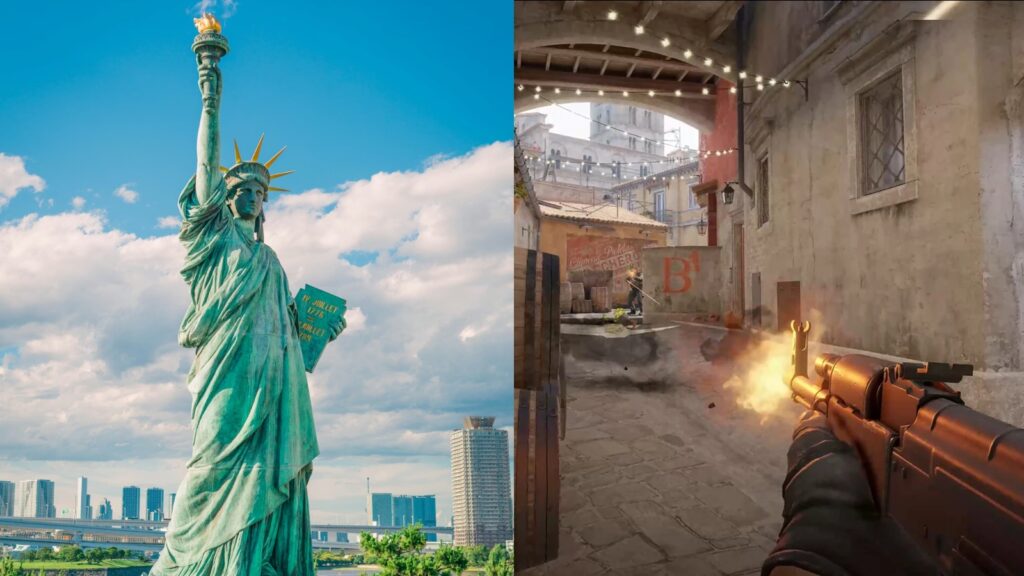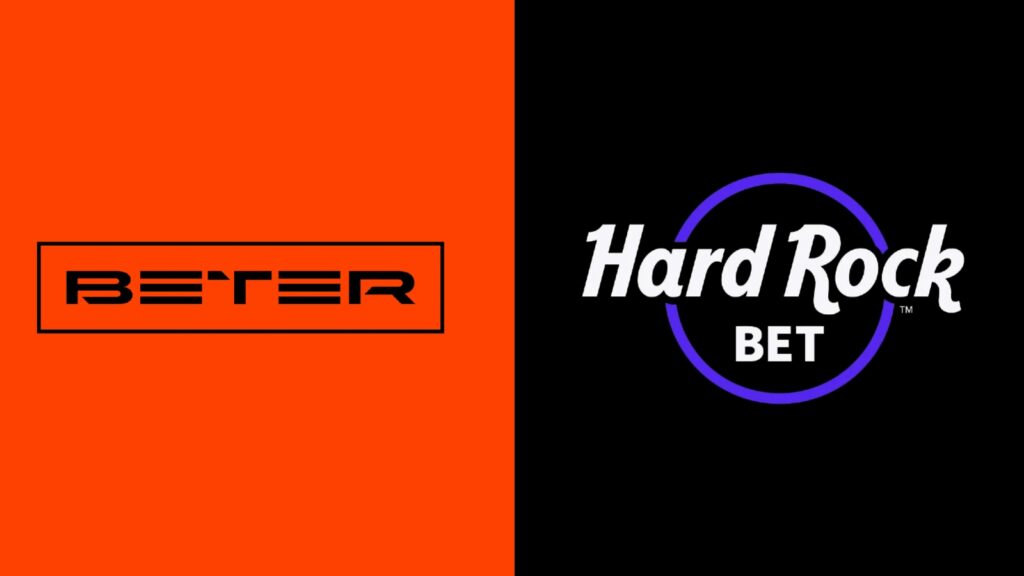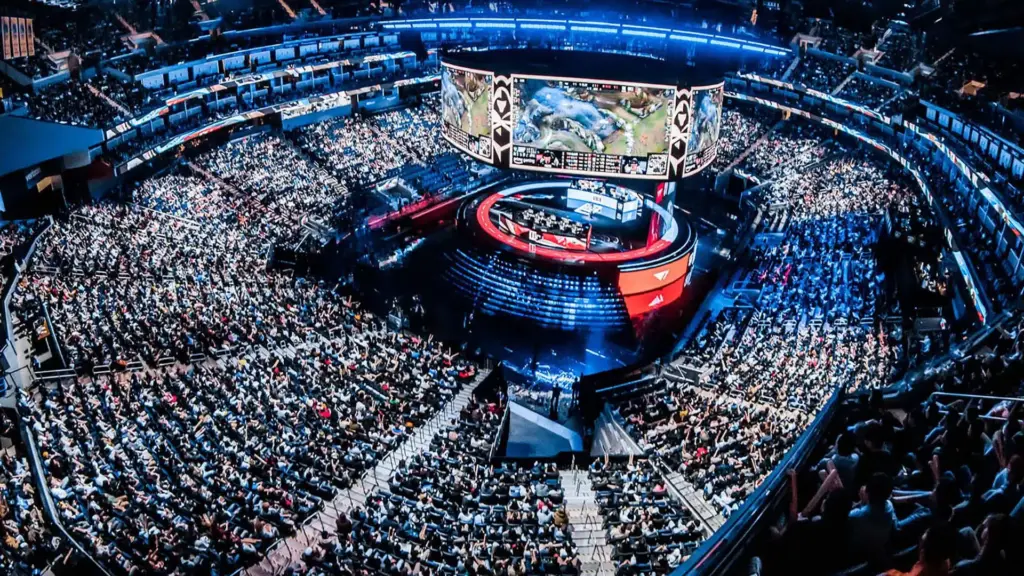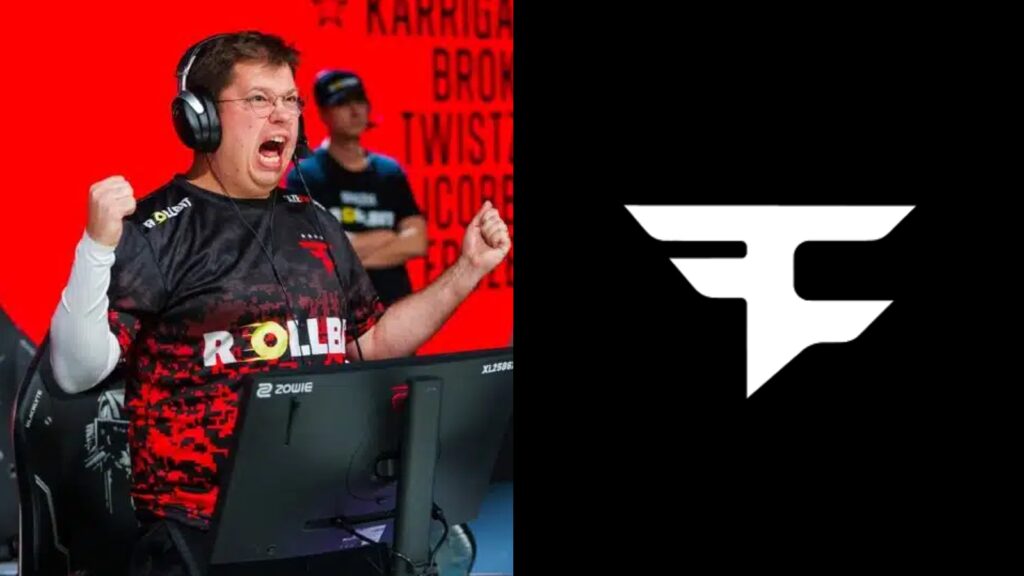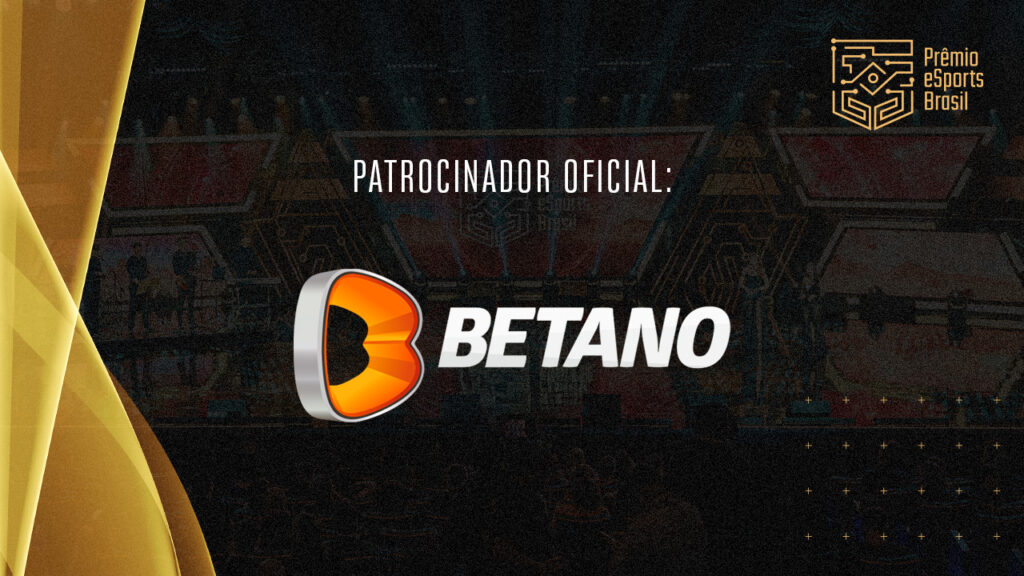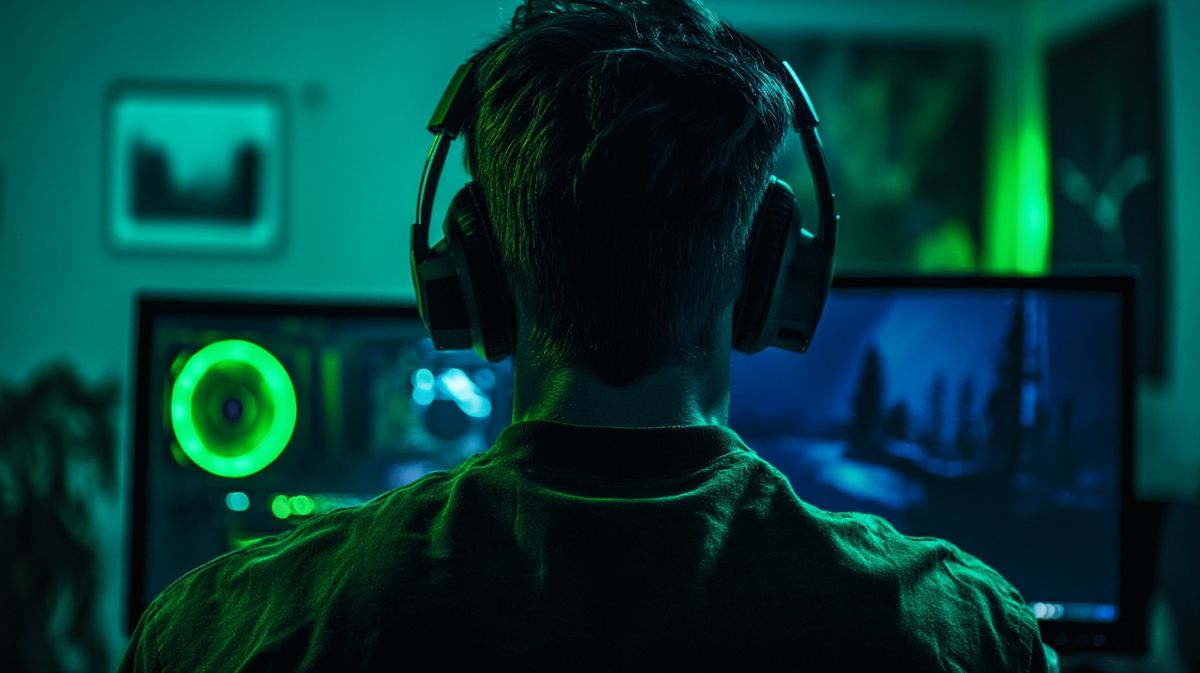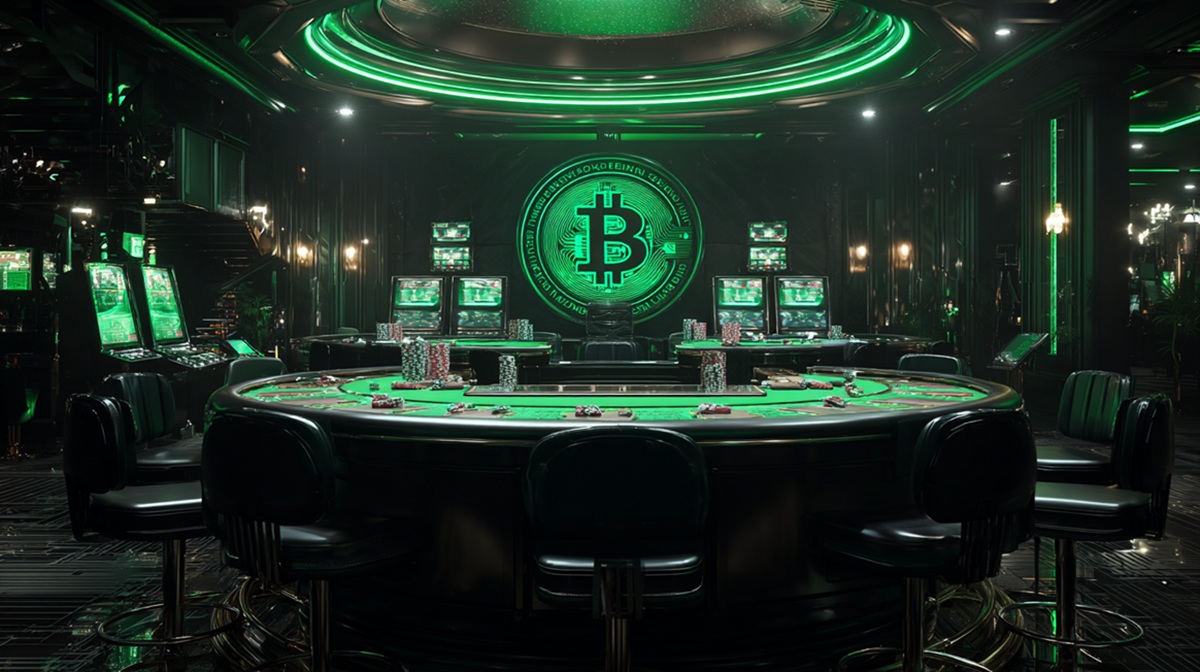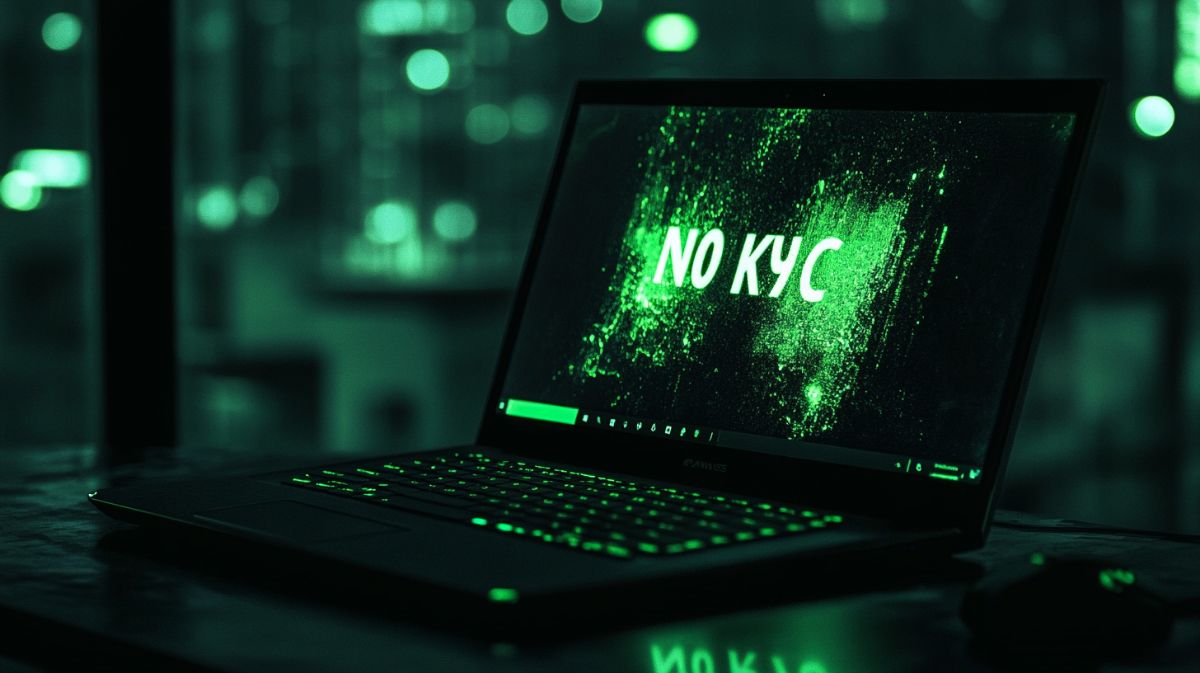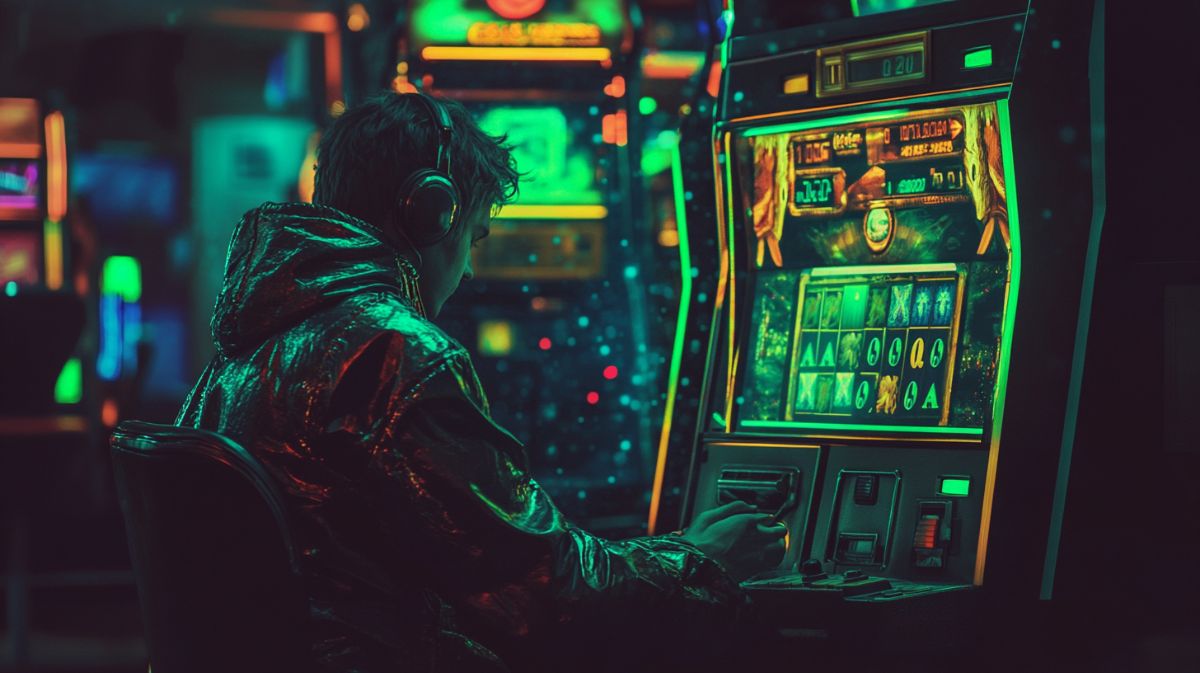Esports in Germany – a super-power in esports
On a global scale, Germany is certainly a superpower – one of the biggest and economically most important countries in Europe – this is also true when it comes to esports. In fact, Germany is one of the biggest esports countries in the world – with an esports spending total of 4.7 billion last year, Germany was the 5th largest esports market in the entire world.
That means Germany is really playing in the big leagues – literally and figuratively. League of Legends is the most popular esports franchise in Germany, much like it is in the rest of the world. Of course, tournaments and the like support this as well – Germany is and has been the site of numerous big tournaments and competitions. A current example would be the Games Week in Berlin, the capital of Germany – 7 days with around a dozen events and over 15.000 attendees.
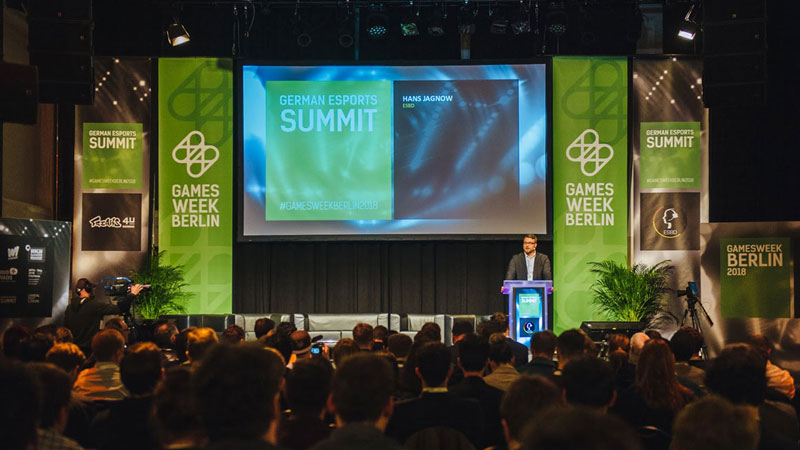
© Games Week Berlin
Earlier this year, DreamHack Leipzig took place in German as well, and later this year, other tournaments like StarLadder CS:GO Major are going to be taking place – plenty of esports events to enjoy by fans and players alike.
Speaking of players, German esports teams and pro players are some of the best in the world – with great successes to show for it. This is even reflected in the sponsorship deals they manage to snag. Only recently, Red Bull signed with the Berlin International Gaming esports team – the very same team BIG is also being sponsored by Betway, the betting provider. Similarly, McDonald’s moved into esports in Germany – they partnered with the famous German brand ESL.
Despite all of these positive matters though, it’s not always smooth sailing. One negative headline that drew both outrage and chuckles from the esports community was a statement from Alfons Hörmann, the president of the Deutscher Olympische Sportbund or DOSB. He declared in an interview: “Esports does not exist. And it will not be included in the Olympic program.” Now, while the debate of whether or not esports should join the Olympics is a separate issue entirely, the fact that Hörmann denied the existence of esports completely caused more than a few chuckles and eye-rolls.
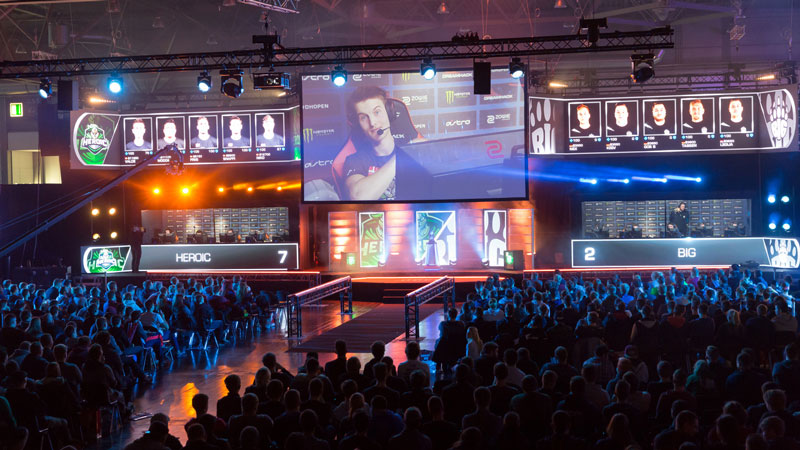
© Leipziger Messe
Denying the existence of a multi-billion dollar industry in his own country is somewhat questionable – either way though, with issues like that happening from time to time, it’s clear to see that esports and esports betting in Germany still have a way to go – despite their big presence in the international esports world. They have, however come a long way, despite some somewhat restrictive laws that affect gaming there.
Specifically, censorship laws: in games that display violence like Counter-Strike, several elements aren’t visible, and in games like the Wolfenstein series, Nazi-symbols like the Swastika (it is a Nazi-themed game after all) aren’t allowed to be shown, and are instead replaced with other symbols, or hidden entirely. On a more humorous note, this law also affected the way Adolf Hitler is displayed in the game – in the German version, he lacks his distinct moustache!
